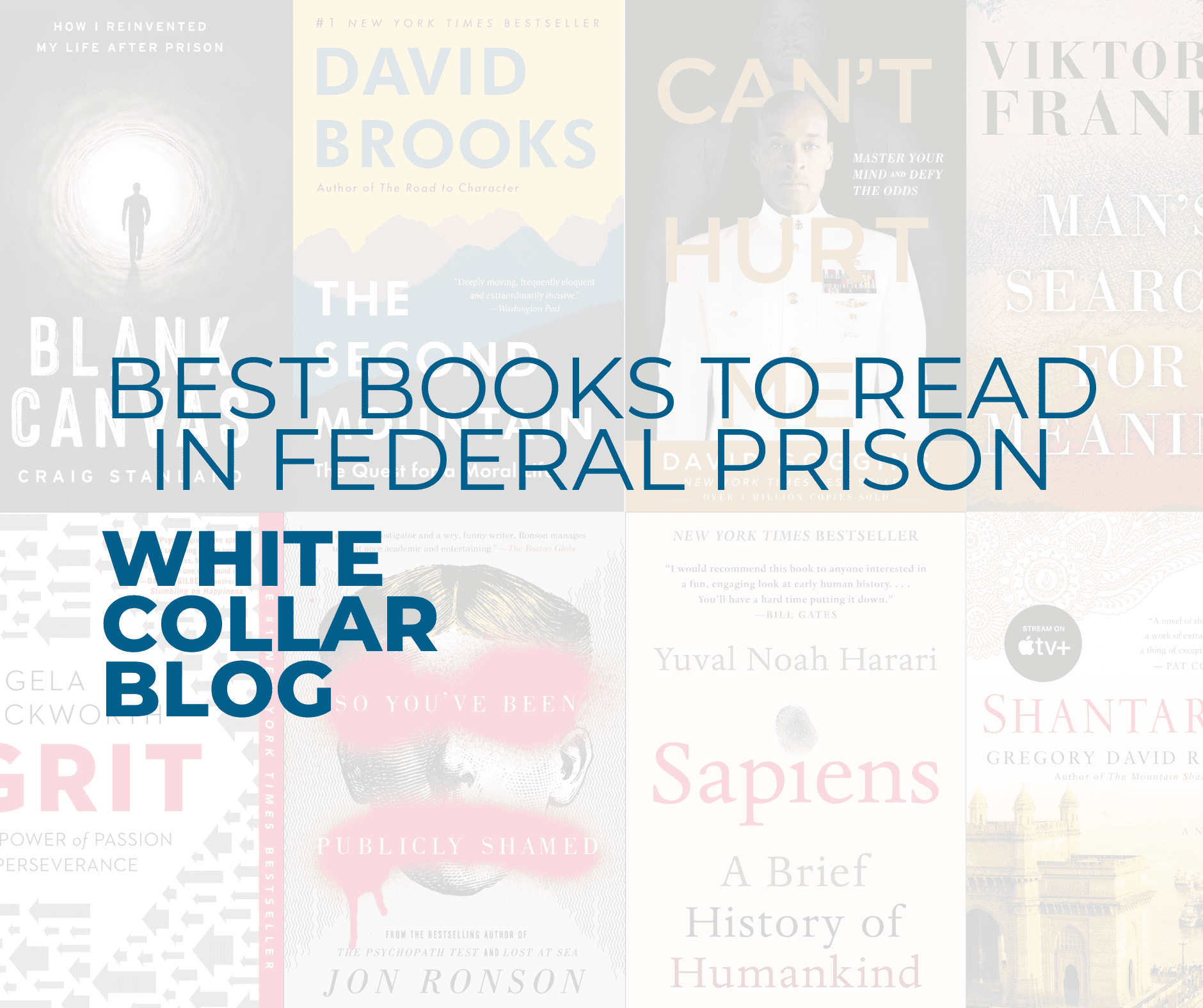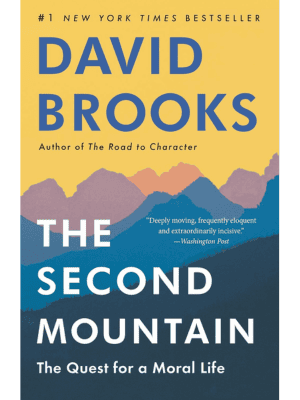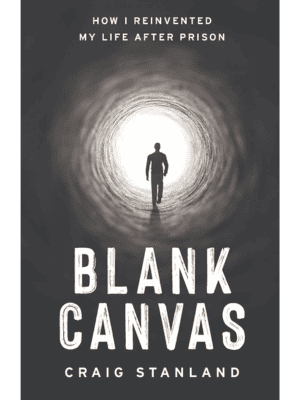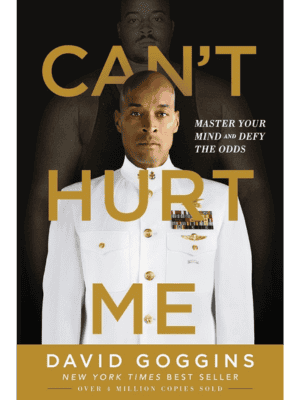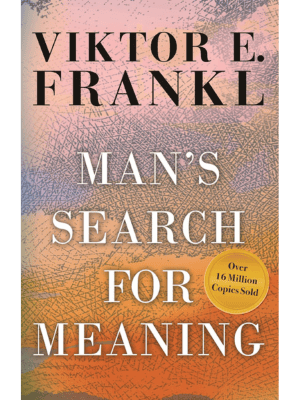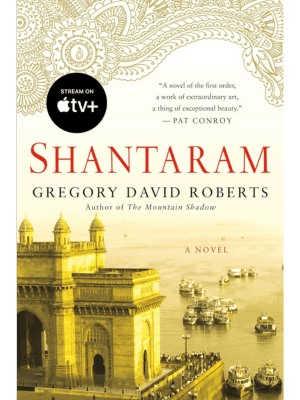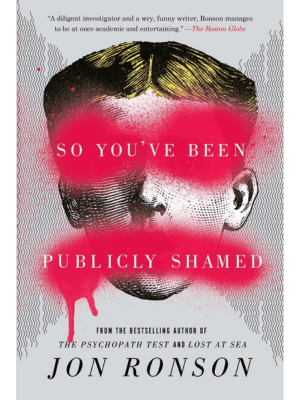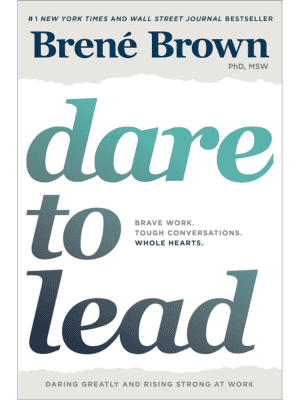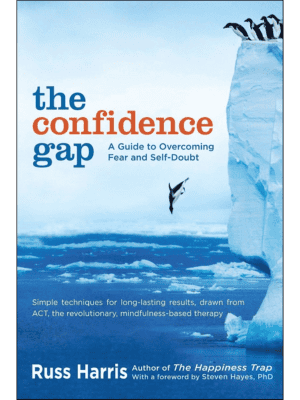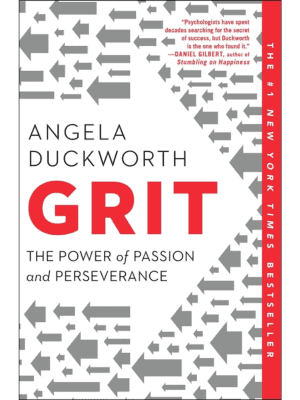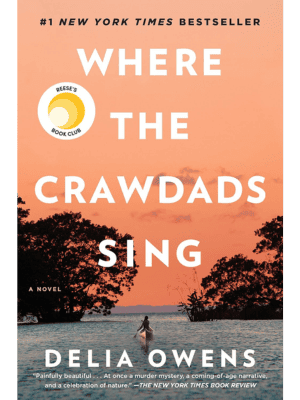During my 14-month incarceration, I found reading to be a powerful source of solace, inspiration, and wisdom. So much so that I read more than one-hundred books during that time (with the notes to prove it) – and I had probably read five or six books in the decade prior to my time away. In other words, I wasn’t much of a reader. But it was during my incarceration, away from the distractions and noise of the outside world, that I found the power of the written word. These stories offered an escape as well as a profound opportunity for personal growth and introspection.
In the list below, I share some of the books that left a meaningful and lasting impact on me (and some of my bunkmates) – they’re more than simply a way to pass the time. I have provided a link from a Bureau of Prisons-approved vendor for each book, so you can purchase and have it sent directly to any federal institution with confidence that your book will arrive.
Second Mountain by David Brooks
An exploration into leading a meaningful life beyond self-centered goals. The book describes life’s journey as climbing two mountains. The first mountain involves pursuing societal-endorsed goals like success and personal happiness. However, you may not always summit the first mountain – life has a way of knocking you down, whether that’s divorce, incarceration, or other kinds of setbacks, which prompts the journey to your second mountain. This second climb is characterized by seeking joy and fulfillment through commitments to others and the community, moving from individualism to a life centered around interdependence and deeper connections.
Brooks outlines four key commitments essential for this transformative journey: dedication to family and spouse, finding a vocation that goes beyond mere job satisfaction, adopting a philosophy or faith that provides moral direction, and engaging actively within a community.
Blank Canvas: How I Reinvented My Life After Prison by Craig Stanland
A memoir about personal redemption and transformation. After engaging in fraudulent activities that led to significant legal and personal repercussions, including a two-year prison sentence and profound personal losses, Stanland faced a pivotal decision about his future.
Choosing to rebuild from the depths of despair, the book details his journey of self-reinvention, highlighting the profound capacity for change in the face of adversity. Through his narrative, Stanland emphasizes resilience and the potential for a new beginning, even when it seems all is lost. His story is not just about overcoming, but also about the deep introspection and hard work involved in reconstructing one’s life and identity.
Sapiens by Yuval Harari
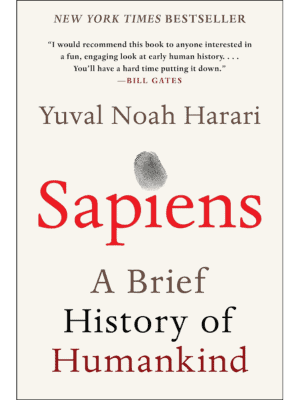
This is a fun one.
Yuval Noah Harari offers a sweeping narrative of human history from the emergence of Homo sapiens up to the modern day. The book is structured around several key revolutions that have profoundly shaped human society.
Harari provides a thought-provoking look at the past and suggests how understanding it might inform our future. His analysis includes a critical assessment of the ideologies driving current global cooperation and conflict, as well as the potential future challenges that humanity might face as technological and scientific advancements continue to accelerate.
Can’t Hurt Me by David Goggins
This is one I didn’t personally read but was extremely popular with everyone around me. I couldn’t get my hands on a copy before I went home!
Can’t Hurt Me is a motivational guide that explores Goggins’s transformation from a troubled youth into a Navy SEAL and world-class endurance athlete. The book details his intense personal and professional life struggles, including overcoming abuse, racism, and physical limitations. Through his story, Goggins aims to inspire readers to push past their perceived limits and tap into their unutilized potential using what he calls the “40% Rule”, which suggests that people usually reach just 40% of their potential when they feel they’ve hit their limit.
Man’s Search for Meaning by Viktor E. Frankl
A profound exploration of survival during the Holocaust and the psychological depth of human suffering and resilience. Frankl, a psychiatrist and concentration camp survivor, uses his experiences to describe his psychotherapeutic method called logotherapy.
The book is divided into two parts: the first recounts his personal experiences in the camps, emphasizing how finding meaning in the direst situations can provide a reason to live. The second part delves deeper into logotherapy, arguing that the primary drive in humans is not pleasure (as Freud suggested) or power (as Adler suggested), but a profound need to find meaning in life.
Shantaram by Gregory David Roberts
This was my favorite book I read while I was away.
An epic tale of redemption, adventure, and self-discovery set against the vibrant backdrop of Bombay (now Mumbai). The novel follows Lin, an Australian fugitive who escapes from prison and finds himself immersed in the tumultuous underworld of India’s largest city. Through his encounters with a colorful cast of characters, including gangsters, slum dwellers, and expatriates, Lin grapples with themes of love, loyalty, and the search for identity. As he navigates the complexities of life in Bombay, Lin is drawn into political turmoil, experiences profound friendships, and confronts his own past. Roberts weaves together elements of romance, philosophy, and action in a sweeping narrative that captivates readers with its richly detailed portrayal of a city teeming with life and contradiction.
So You’ve Been Publicly Shamed by Jon Ronson
Jon Ronson delves into the modern phenomena of public shaming, particularly through social media, exploring its impacts and ethics. Ronson, an immersive journalist, brings light to this revival of an ancient form of punishment that has found new terrain on the internet, where judgments are swift and often brutal. The book presents various case studies, including prominent incidents involving Jonah Lehrer and Justine Sacco, where individuals faced overwhelming public backlash for their actions or words, often blown out of proportion to their missteps. Ronson’s narrative is part investigative and part reflective, pondering the quickness to judge and the collective eagerness to shame others online, sometimes with severe personal consequences for those targeted. He suggests that while public shaming might initially appear as a tool for social justice or moral correction, it often spirals into disproportionate punishment without giving the shamed a viable path to redemption.
Dare to Lead by Brene Brown
A comprehensive guide to leadership that combines vulnerability, trust, and resilience to foster courageous leadership. This exploration provides leaders and individuals alike with tools to approach leadership with empathy, accountability, and a clear understanding of their core values, all aimed at creating a supportive and innovative environment.
The Confidence Gap by Dr. Russ Harris
Grounded in Acceptance and Commitment Therapy (ACT), the book offers strategies to manage fear, anxiety, and the self-doubt that often inhibits personal progress. Rather than advocating for the suppression of negative thoughts and feelings, Harris suggests forming a healthier relationship with these experiences to foster genuine self-confidence.
This approach helps readers learn to live with their insecurities while taking meaningful actions that reflect their true values, ultimately leading to a more fulfilling life.
GRIT by Angela Duckworth
Angela Duckworth explores the concept of grit as a more significant predictor of success than talent alone. Duckworth, drawing from her research, argues that grit—a combination of passion and perseverance—is a crucial driver of success. The book is structured into three main parts. Initially, it introduces the idea of grit and explains its importance. Then, it discusses how individuals can develop grit through cultivating interests, practicing deliberately, finding purpose, and fostering hope. Finally, Duckworth offers guidance on how others, especially parents and educators, can help instill grit in those around them.
Where the Crawdads Sing by Delia Owens
Set in the marshlands of North Carolina in the 1950s and 1960s, the story follows Kya Clark, known as the “Marsh Girl,” who grows up isolated after being abandoned by her family. As Kya matures, she forms relationships with two young men from the town, which later entangles her in a murder investigation when one of them is found dead. The novel explores themes of loneliness, resilience, and the profound connections between humans and nature, culminating in a twist that challenges the perceptions of the isolated protagonist and her community.

